We Ranked Christopher Nolan Movies from Worst To Best
Christopher Nolan, a filmmaker synonymous with groundbreaking narratives and visual spectacles, has carved out a unique space in modern cinema. His films, ranging from mind-bending sci-fi epics to gritty superhero reimaginings, have consistently pushed the boundaries of storytelling. In this article, we delve into the illustrious filmography of Nolan, offering a carefully considered ranking of his movies from his early experimental works to his blockbuster masterpieces. Each film is evaluated not just on its cinematic excellence, but also on how it reflects Nolan’s evolving artistry and its impact on audiences and the film industry.
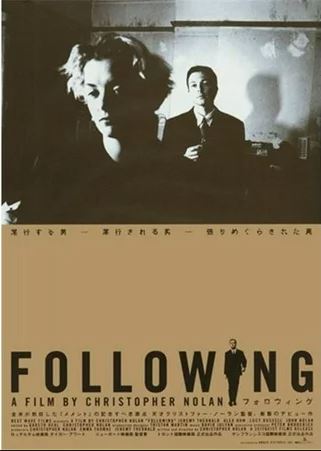
#11. “Following” (1998)
- Nolan’s debut, a low-budget, black-and-white film, showcases his early talent but lacks the scale and depth of his later works. It’s more experimental, offering a glimpse into Nolan’s potential but doesn’t have the same impact as his subsequent films. As Nolan’s debut, this film is an insightful showcase of his burgeoning directorial style and narrative interests, but it doesn’t have the same cinematic flair or complexity that his later films are known for.

#10. “Insomnia” (2002)
- A remake of a Norwegian film, “Insomnia” is notable for strong performances, especially by Al Pacino and Robin Williams. However, it’s often seen as one of Nolan’s less innovative works, being a well-crafted psychological thriller but not as impactful as his other films. While “Insomnia” is a solid psychological thriller with great performances, it’s often overshadowed by Nolan’s more distinctive and original works, lacking the same level of narrative innovation or visual spectacle.
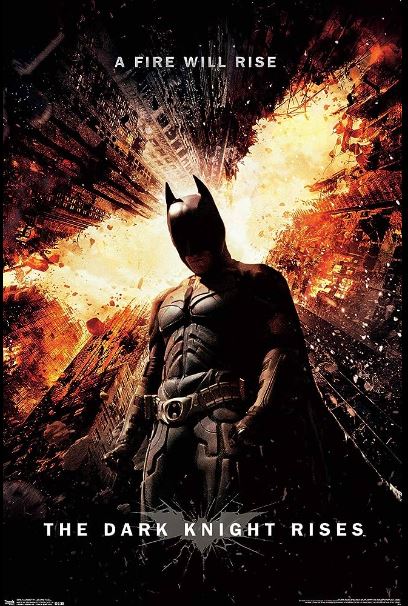
#9. “The Dark Knight Rises” (2012)
- This film, while a visually impressive conclusion to the Dark Knight trilogy, is considered the weakest of the three. It has been critiqued for plot inconsistencies and pacing issues, but still boasts strong performances and an epic scale. Despite its ambitious scale and closure to the Batman trilogy, the film is sometimes criticized for its ambitious but somewhat convoluted plot and less cohesive storyline compared to its predecessors.
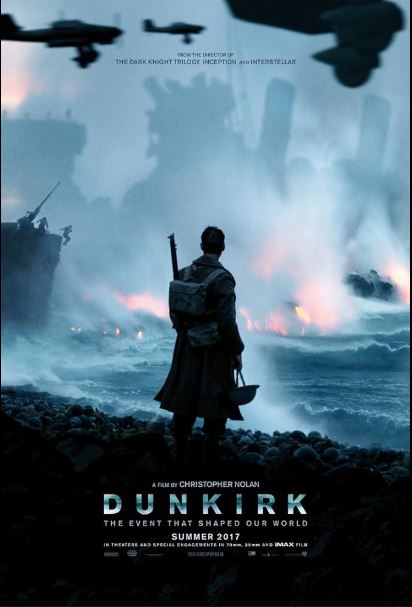
#8. “Dunkirk” (2017)
- “Dunkirk” stands out for its minimal dialogue, intense realism, and non-linear storytelling. A technical masterpiece in war cinema, it’s a departure from Nolan’s usual style and is praised for its immersive experience and direction, though it may not resonate as deeply on a narrative level as his other works. “Dunkirk” is a masterclass in tension and technical filmmaking, yet its experimental approach to storytelling, with minimal character development and dialogue, sets it apart from Nolan’s more character-driven narratives.

#7. “Batman Begins” (2005)
- Credited with revitalizing the Batman franchise, “Batman Begins” offers a gritty, realistic take on Batman’s origin story. It’s appreciated for its atmospheric tone and deeper character exploration, setting a new standard for superhero films. This film not only redefined the superhero genre with its realism but also set a new narrative and aesthetic tone for superhero films, though it is sometimes seen as less polished than its successors in the trilogy.
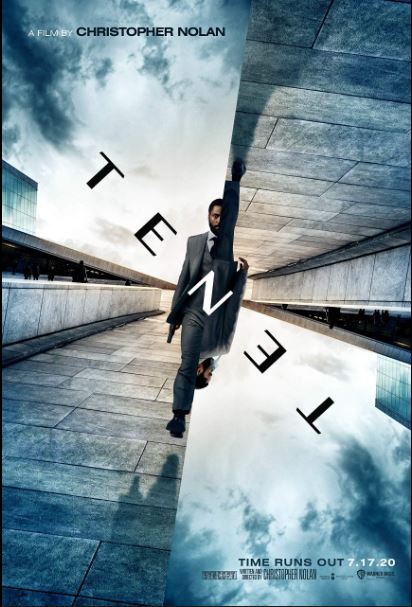
#6. “Tenet” (2020)
- “Tenet” is a complex, time-bending thriller showcasing Nolan’s love for intricate plots and innovative storytelling, but its complexity can be both a strength and a barrier for viewers. The film’s intricate exploration of time inversion and its global espionage backdrop make it a visually and intellectually stimulating experience. However, its highly complex plot and the dense exposition required to navigate its concepts can make it less accessible to some viewers, placing it in the middle of Nolan’s diverse and impressive filmography.
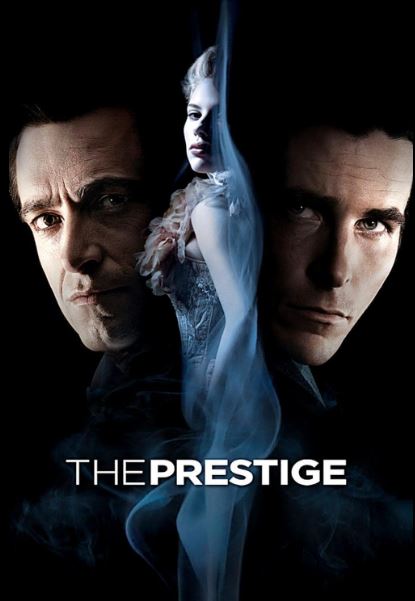
#5. “The Prestige” (2006)
- An intricate tale of obsession and rivalry, “The Prestige” is lauded for its complex plot and strong performances. It skillfully weaves together themes with the art of magic, often considered one of Nolan’s most underrated films. “The Prestige” is a brilliantly crafted tale of rivalry and obsession, praised for its narrative intricacy and thematic depth, but it sometimes gets overshadowed by the more widely discussed themes in Nolan’s other films.
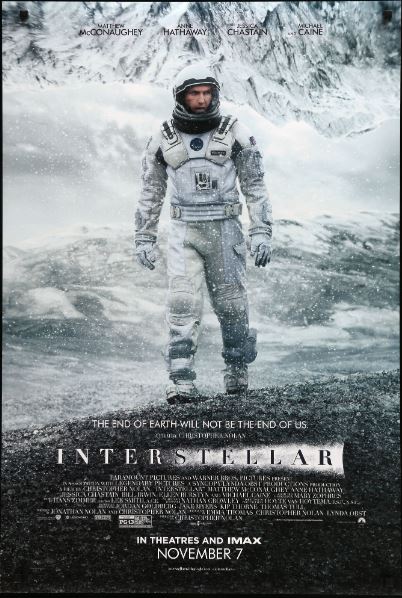
#4. “Interstellar” (2014)
- Celebrated for its ambitious scope and emotional depth, “Interstellar” combines hard science fiction with a poignant human story. Its blend of stunning visuals and drama, while occasionally divisive, offers a powerful and memorable cinematic experience. “Interstellar” is notable for its ambitious exploration of complex scientific concepts and human emotions, although its dense plot and scientific jargon can be polarizing for some audiences.

#3. “Memento” (2000)
- “Memento” is renowned for its reverse chronological narrative and exploration of memory and identity. This film, which brought Nolan significant acclaim, is revered for its innovative storytelling and engaging mystery, leaving a lasting impression on its audience. “Memento” is a landmark in nonlinear storytelling, offering a unique and captivating viewing experience, but its complex narrative structure can be challenging and disorienting for some viewers.
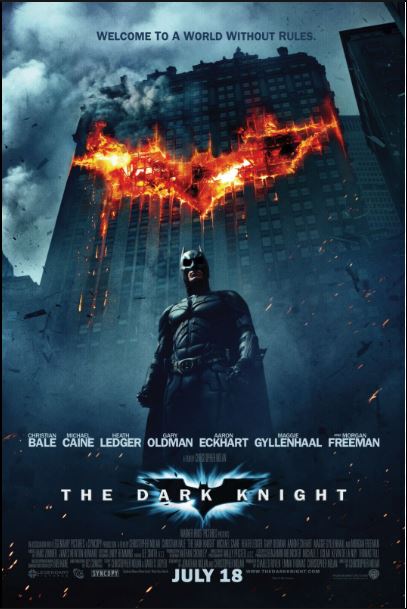
#2. “The Dark Knight” (2008)
- This film is highly praised for its dark tone and Heath Ledger’s iconic portrayal of the Joker. It transcends the typical superhero genre, delving into deeper themes of chaos and morality, and set a new benchmark for comic book adaptations. “The Dark Knight” is not only a high point in Nolan’s career but also a defining moment in cinema, though its darker themes and moral ambiguity might not resonate with all audiences.

#1. “Inception” (2010)
- Often regarded as Nolan’s masterpiece, “Inception” stands out for its innovative narrative, complex dream-within-a-dream plot, and emotional depth. It’s a visually stunning film that skillfully blends action, science fiction, and thought-provoking themes, making it a standout in Nolan’s filmography. “Inception” is a blend of intellectual depth and blockbuster entertainment, offering a unique and visually spectacular experience, but its complex plot and abstract concepts might be perplexing for some viewers.
In concluding our journey through Christopher Nolan’s remarkable filmography, it’s evident that his work transcends conventional storytelling, offering audiences a blend of intellectual depth, emotional resonance, and visual grandeur. From the labyrinthine plots of “Inception” and “Memento” to the epic scale of “Interstellar” and the Dark Knight trilogy, Nolan has not only entertained but also challenged viewers, inviting them to engage with complex narratives and profound themes.
For another look into film rankings, here is our ranking of EVERY Wes Anderson film!
